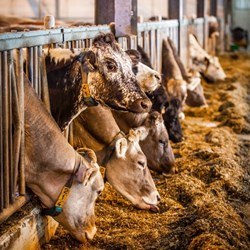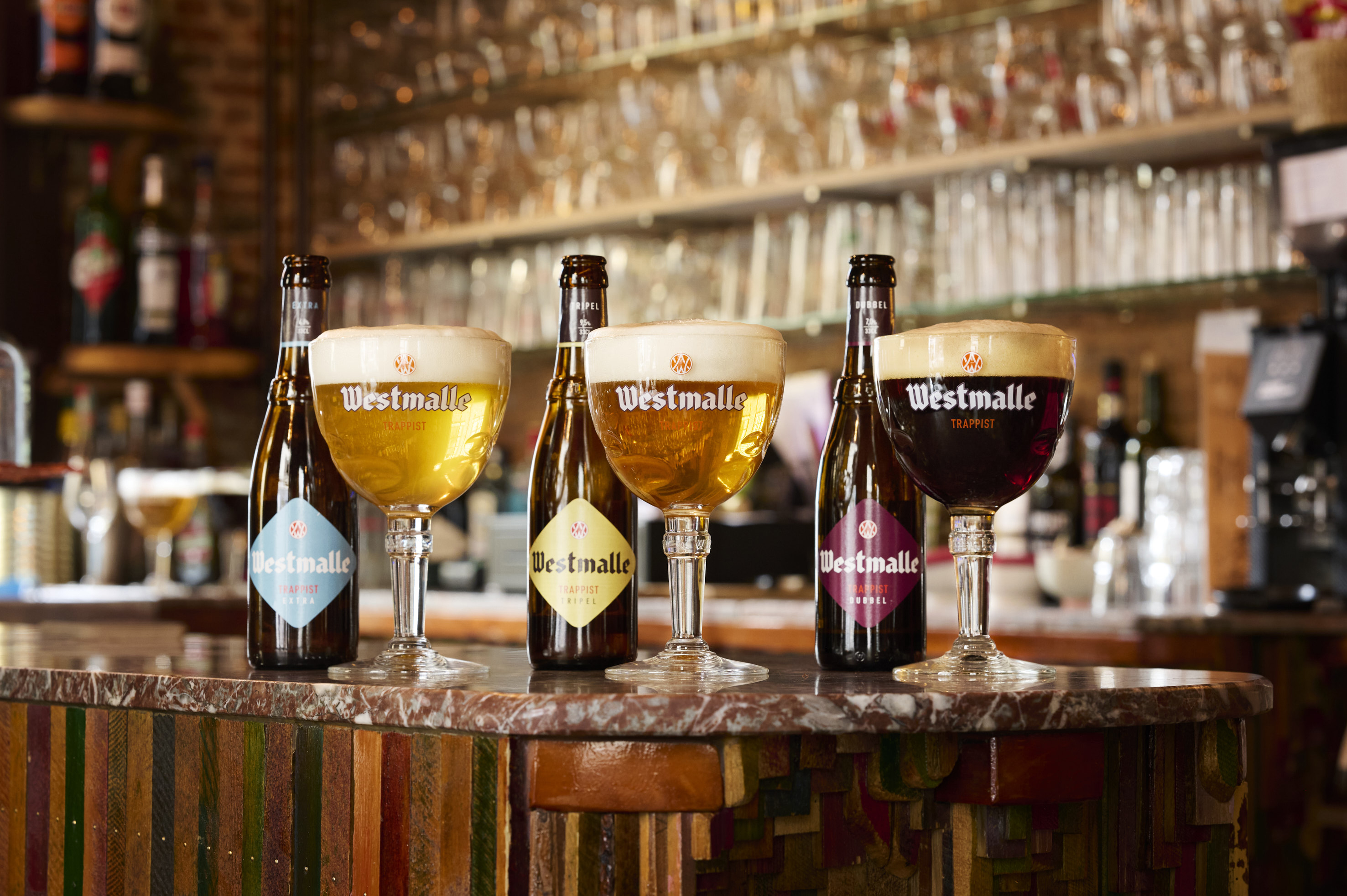


The Draf in Galop project, which began in November 2022, oversees the draff (spent grain) valorisation chain from start to finish. Sustainability is a top priority for the De Leite and Westmalle breweries.
The group targeted to support and accelerate innovation across the draff chain is both broad and diverse, covering brewers that aim to better valorise their beer draff, semi-finished product producers looking to develop new raw materials and food ingredients, and food production companies. New and existing products can be developed in a circular economy.
Animal Feed
Luc Vermeersch of De Leite and Lieven Van Hofstraeten of Westmalle are brewers who have embraced sustainability. In fact, it was this that brought them to the Draf in Galop project. “We are trying to reduce the CO2 footprint and, wherever possible, offer support for sustainability projects.” Draff from both breweries now goes into animal feed. Part of the draff from Westmalle goes to the cattle on the abbey farm and the rest to cattle in the region, as is the case with De Leite. A ‘good solution’ in Van Hofstraeten's view. Vermeersch is on the same page: “Part of me feels good about it, and part doesn’t, because we can improve that valorisation by getting involved in sustainable human foods.” The De Leite brewer sees the economic benefits as secondary. “It's a bonus if it brings me more money than the animal feed.”

Draff in the Food Chain
“If we can bring draff into the food chain through the Draf in Galop project, why shouldn't we?”, asks Vermeersch. On that subject Van Hofstraelten says, “If there is a viable new application out there, this project will find it. If not, that knowledge is worth having.” Both emphasise the need for collaboration on the project. “The pay-off is still to come, but the Draf in galop project is a well-researched, well-organised and informative exercise on a very topical subject.”
www.vives.be/nl/onderzoek/agro-en-biotechnologie/draf-galop

“It is always advisable to maintain a critical perspective on your own products and adjust them to contemporary needs where necessary”, emphasises Marijke Adriaens, CEO of frozen food company Fribona. “For consumers, taste is still the main consideration. It is essential to work towards a product that is, above all, tasty and visually appealing.”...

Scientists from KU Leuven have discovered how oil penetrates snacks during and after the frying process. Recent research findings point to advanced frying techniques that reduce oil absorption, as well as innovative methods to limit oil uptake during the cooling phase. This paves the way for the development of healthier snacks without compromising...

Food companies are increasingly targeting a wider range of consumer groups. Speaking at an event organised by Fenavian, Julian Mellentin of New Nutrition Business said this strategy offers significant opportunities to respond to the diverse health needs and interests of today’s consumers. “Consumers enjoy both animal and plant-based proteins”, he...

Backed by financial partners, Start it @KBC is launching the accelerator programme Scale it Agro, aimed at scale-ups offering sustainable and innovative agricultural solutions for agriculture and horticulture businesses. Kjell Clarysse, programme director at Scale it Agro, goes into more detail.